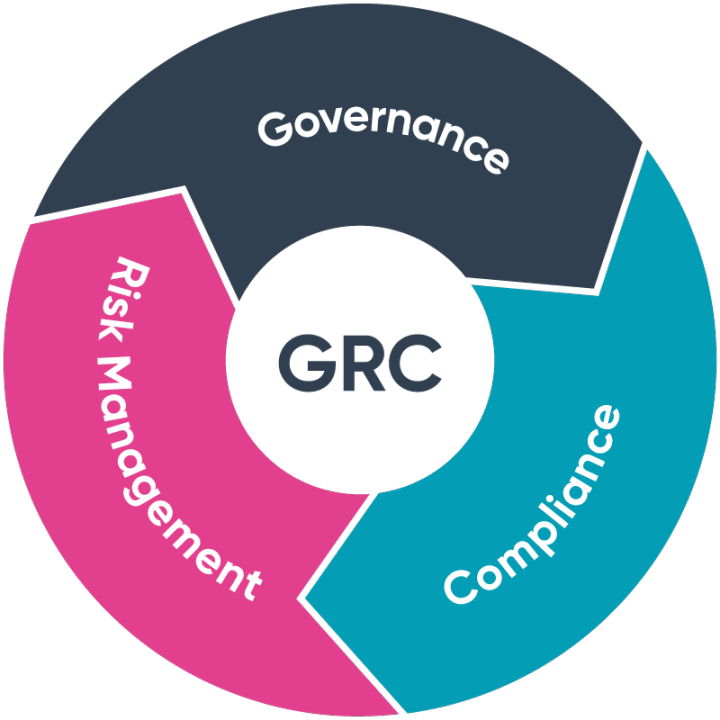The content of this post is solely the responsibility of the author. AT&T does not adopt or endorse any of the views, positions, or information provided by the author in this article.
In times of economic volatility, precious metals are a safe harbor for investors of all sizes. This has been reflected in choppy pricing for metals such as gold, which, according to CNBC, have only just settled down after weeks of gradual rise against a weakening dollar.
While there is a sense of solidity in trading precious metals, given their very real world physical sense, they are, like every other digitally traded item, subject to the same cyber threats and risks that attack the digital markets every day. Staying safe in the face of these threats is key and starts with protecting spot trades.
Understanding stock market attacks
Precious metals are traded, just like other stocks, shares and commodities, at spot price. This means the buyer will pay a determined price from the seller, in addition to a variable degree of commission to the broker or other middleman. The high-profile nature of stock markets means that they are often well protected against cyber-attack, but this protection is faltering as stock trades become more diversified.
As more and more brokers and agents get involved in trading, the number of weak points in the networks increases. This is especially the case in precious metals; the sensitive pricing of precious metals means that the trades need to be completed quickly, or at high frequency. According to Investopedia, this extreme need for expediency offers an ‘in’ for attackers in two main forms.
Seizing the algorithm
Cryptocurrency has helped to shed a light on one of the most important threats to counter – algorithm hacking. This is a process whereby the malicious actor will attempt to seize control of a trading algorithm, whether used on a wider scale by the market or by individual brokers. Through this, they can crash prices, causing instant damage that will be confusing to rectify with corrections.
As Yahoo highlights, cryptocurrency deals with such attacks on a minute-by-minute basis; through proper online hygiene and experienced 2+ factor authentication, trading houses can stop third parties from accessing this data.
Distributed outages
A very common form of cyber-attack in the modern day is the DDoS. This takes networks offline, denying users access to data, and can sow confusion. While proprietary vendors such as Cloudflare have helped to provide coverage, there have still been high-profile attacks on stock markets.
Consider, for instance, the multi-day outage of the New Zealand stock exchange, highlighted by GARP. While not a primary player in the world markets, these smaller hubs feed into the larger, regional markets, in London, New York and Tokyo. While smaller hubs are taken down, there are huge risks in terms of inaccurate costing, hijacked sales, and other risks. Ensuring that markets are protected as much as possible by DDoS protection is essential and, for individual traders, looking to take full logs and using a high-quality broker will help further.
Criminals will continue to exploit the increased amount of business being seen in the precious metals market. Protection must come first, or profits could be at risk.




